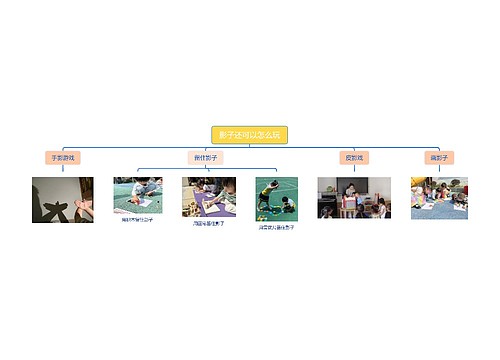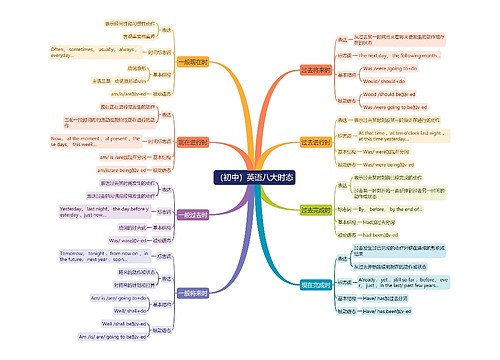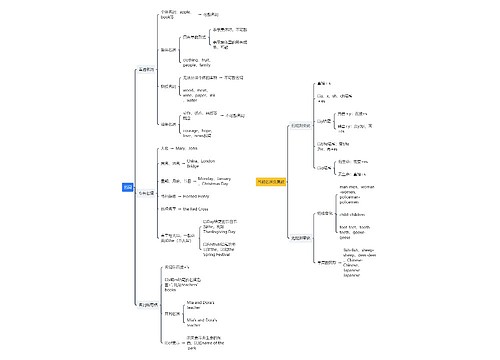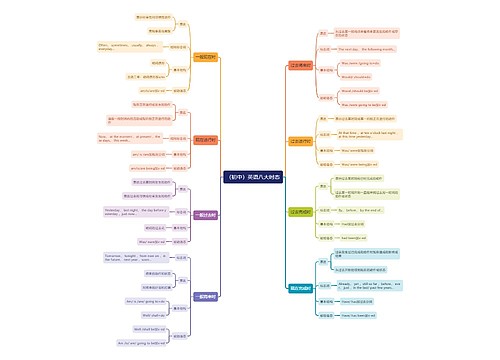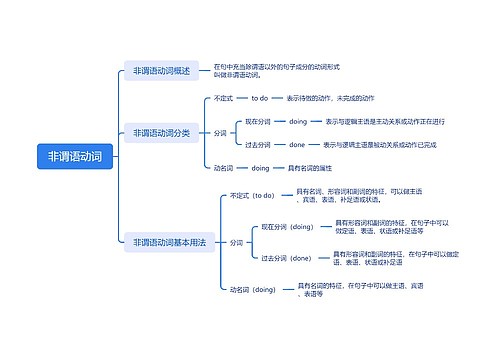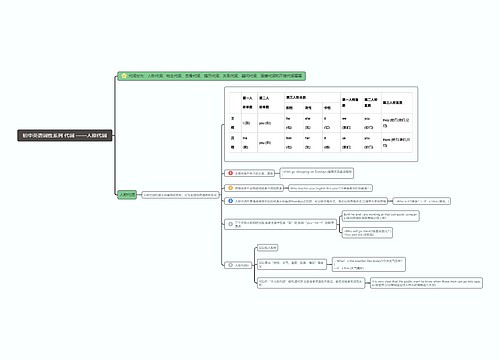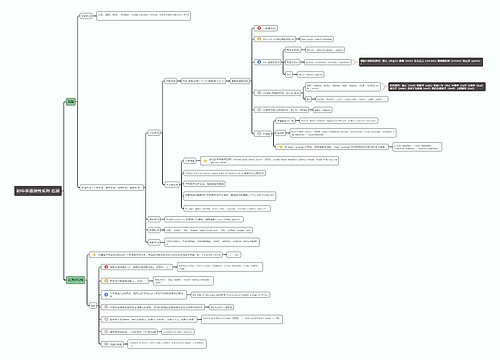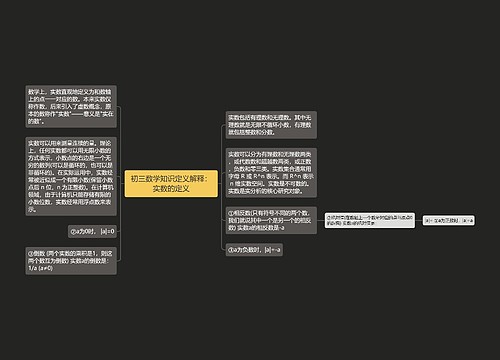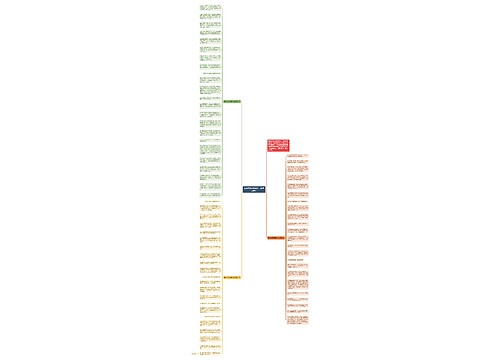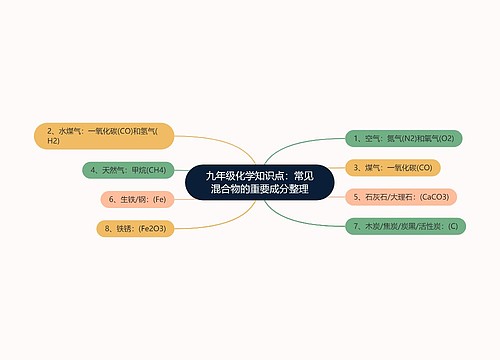1、than用作关系代词,在定语从句中作主语或宾语。
例如:
You spent more money than was intended to be spent.
你花的钱超过了预定的数额。(than是关系代词,在句中作主语,其先行词是money)
2、 but作为关系代词引导定语从句时,一般同具有否定意义的主句连用,其先行词可以是人,也可以是物,但只用于限制性定语从句中。
例如:
There was not a single student in my class but learnt a lot from him.(but=who did not)我班上每一个学生都从他那里学到了很多东西。
因此,在这种句子中,but在意义上等于"that...not","who...not","which...not"。
1.当先行词是nothing, something, anything, all, each等不定代词时。
e.g. Do you have anything that is important to tell me?
2.当先行词被all, any, some, no, not, every, each等修饰时。
e.g. I have some books that are very good.
3.当先行词被形容词最高级、序数词所修饰时。
e.g. This is the first book that I bought myself.
The biggest bird that I caught is this bird.
4.主句是以which或who开头的特殊疑问句时
e.g. Which is the bike that you lost?
Who is the woman that was praised at the meeting.
5.当先行词在从句和主句中都作表语时,无论先行词是人还是物.
China is no longer the country that she was.
6.如有两个定语从句,其中一个已用which引导,另一个宜用that .
Edison built up a factory which produced things that had never been seen before.
7.在there be句型中,只用that.
He asked for the latest book (that) there is on the subject.
8.当先行词被the very, the last, the next, the only 等词修饰时。
e.g. This is the very book that I lost yesterday.
9.当先行词又有人又有物时。
e.g. I won’t forget the things and the persons that I saw.
1、非限制性定语从句中。
e.g. Mary has a book, which is very precious.
2、在介词之后。
e.g. This is a house in which lives an old man.
3、当主句中的主语被that修饰时。
e.g. That dog which I found in the street belongs to Mary.

 U633687664
U633687664
 小包卡麻麻
小包卡麻麻